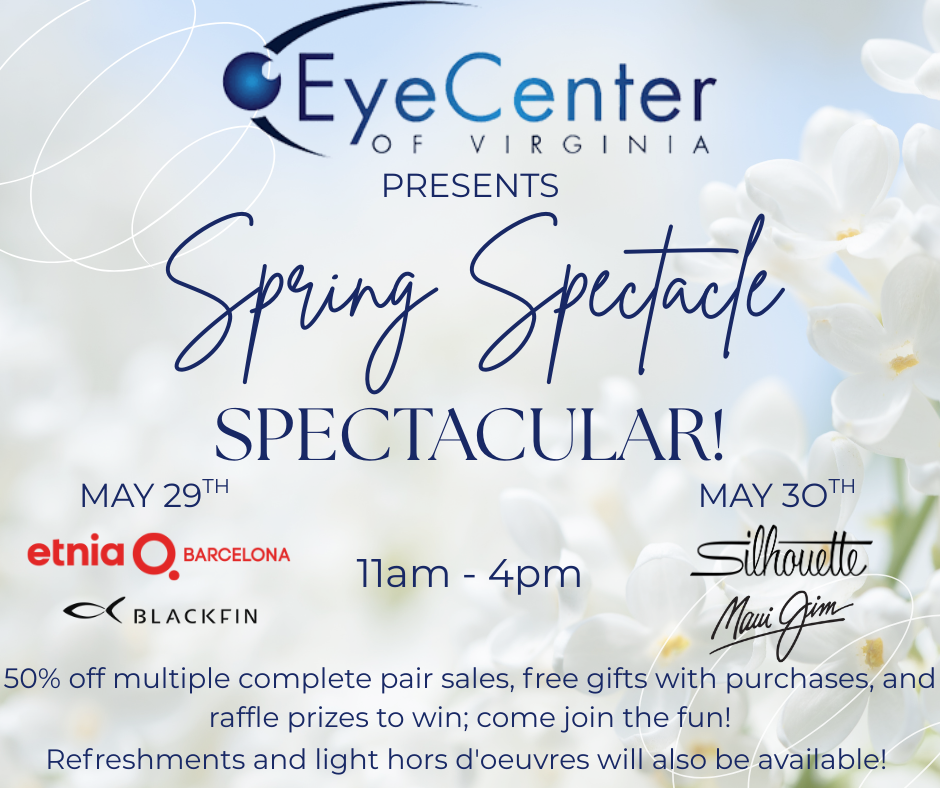
Ultraviolet light from the sun causes damage, especially to the eye. Cases of cataracts and macular degeneration are complications that come with exposure to UV light over time. The longer you expose yourself to UV light, the higher the chances of developing adverse effects. So how can you protect your eyes and still be able to enjoy the outdoors?
Here are six ways and tips.
Protective Sunglasses
While UV light affects all body parts, a simple solution like protective sunglasses will help protect the eyes. It is essential to choose high-quality sunglasses that block UV-A and UV-B rays. These sunglasses can block out 100% of the UV rays, while blue-light-blocking sunglasses can protect your eyes.
Polarized lenses reduce the light glare, while single or double gradient lenses work best while driving. Oversized sunglasses offer broader coverage, making them the ideal choice for your eyes.
Wear Sunscreen
Generous application of sunscreen around the eyelids works well to prevent cases of skin cancer. Reports from the Skin Cancer Foundation indicate that around five to 10 percent of skin cancers are on the eyelids. With the eyelid being the thinnest skin in the body, it is best if you take good care of it.
A sun protection factor (SPF) of 15 for the sunscreen you use on your face would greatly help in this case. Make sure you reapply it generously every two hours. It is necessary to wear sunscreen whenever you are outside, even during winter.
Practice UV Protection From a Young Age
As mentioned above, most of the complications with UV light come from exposure to the light for long periods. Therefore, practicing the protection ways here will go a long way to avoiding future damage. Beginning now will help eventually, but toddlers should wear sunscreen, sunglasses, hats, and long sleeves outside.
Wide-brimmed Hats
Wide-brimmed hats offer better coverage on the head and parts of the arms, giving you additional protection from the sun. These wide-brimmed hats are ideal when shade is unavailable. As a result, the Skin Cancer Foundation recommends that people wear at least three-inch wide-brimmed hats during summer.
Avoid the Sun
The sun shines brightest and hottest from 10 a.m. to 4 p.m.; this is when you will likely encounter the most significant adverse effects. It would be best to stay indoors or under a shade during this time.
Avoid looking straight at the sun since this will lead to severe eye damage. Sunburn on the eyes leads to macular degeneration and photokeratitis, which may lead to vision loss.
Regular Eye Checkups
Regular eye checkups help manage most eye conditions brought by UV rays exposure. Since most eye damage caused by UV light happens over time, an extensive and regular eye checkup can quickly address these problems.
Also, your eye doctor will guide you on what to do to prevent current and future eye problems. Photokeratitis and macular degeneration are preventable conditions through regular eye checks.
For more on UV light and eye protection, visit the Eye Centre of Virginia at our office in Williamsburg, Virginia. Call (757) 919-3500 to schedule an appointment today.













